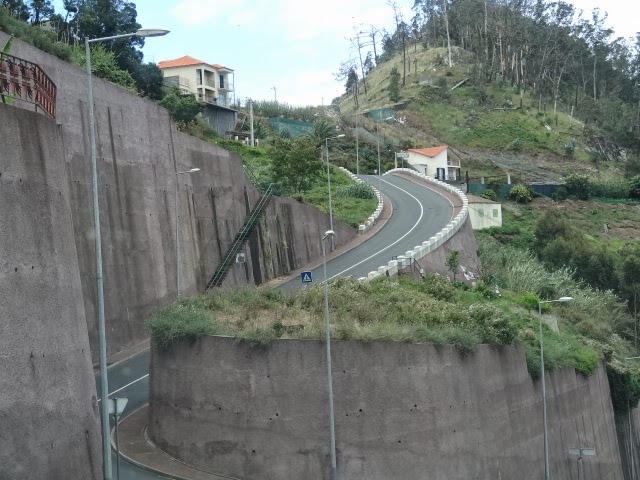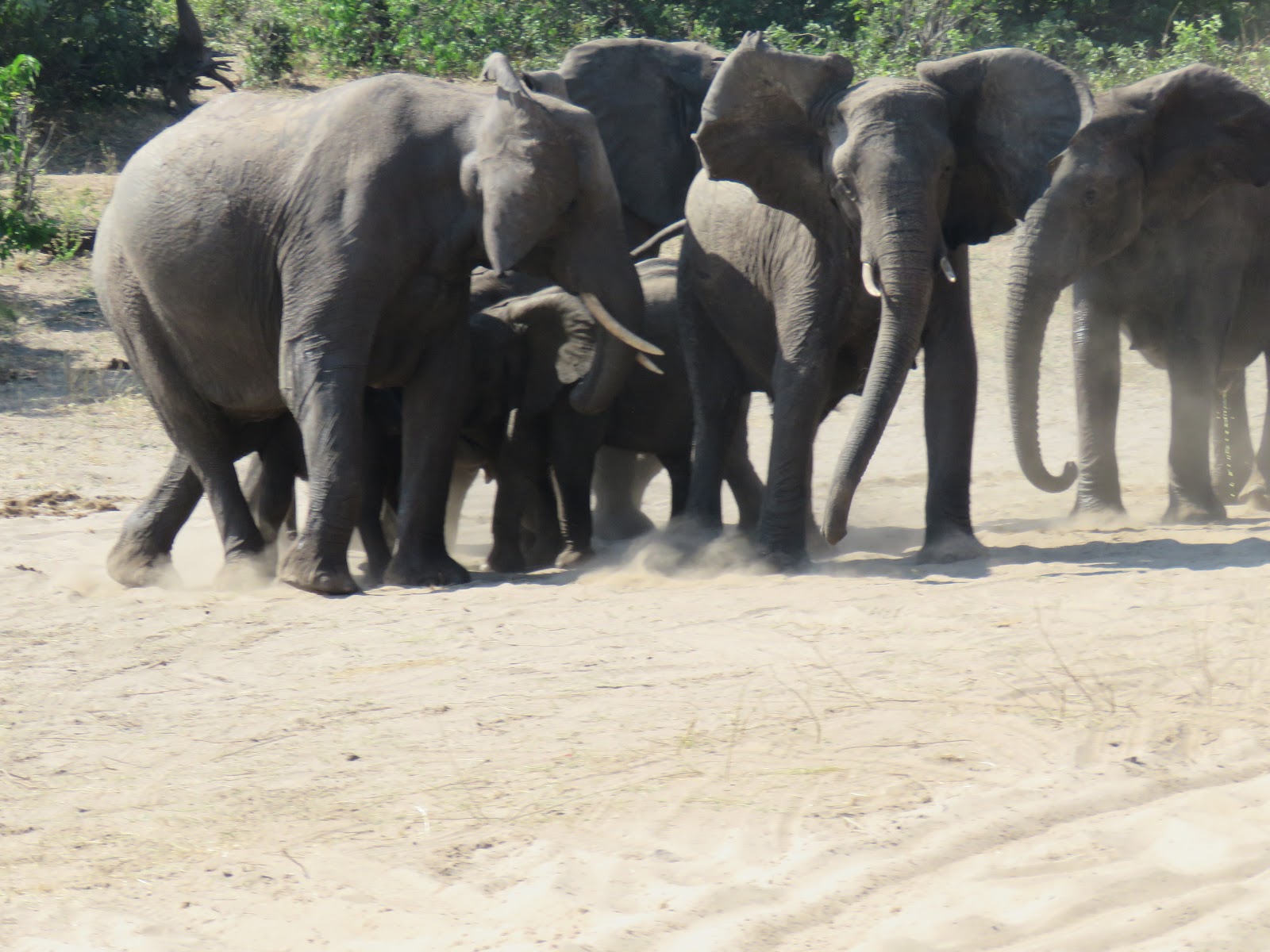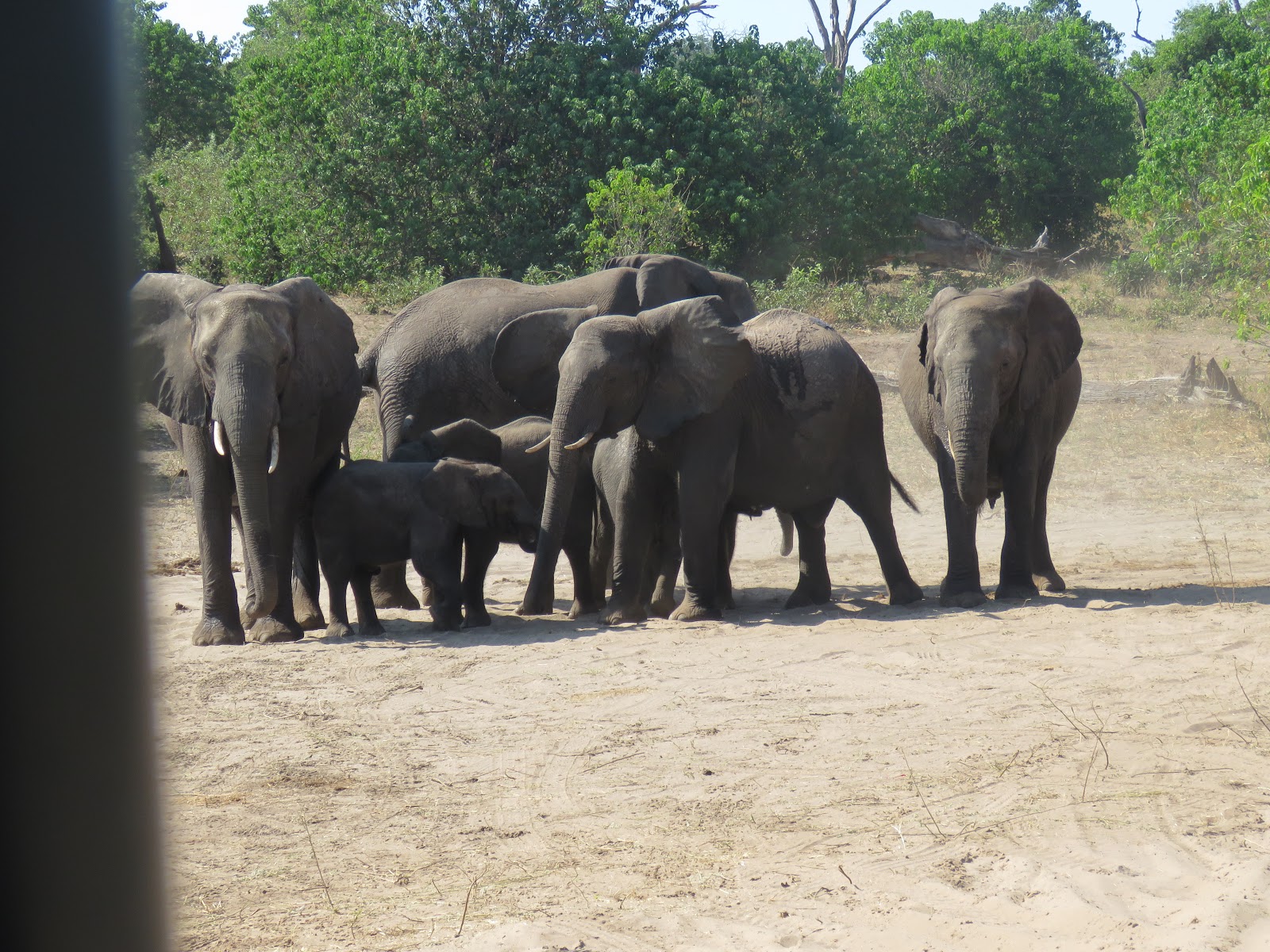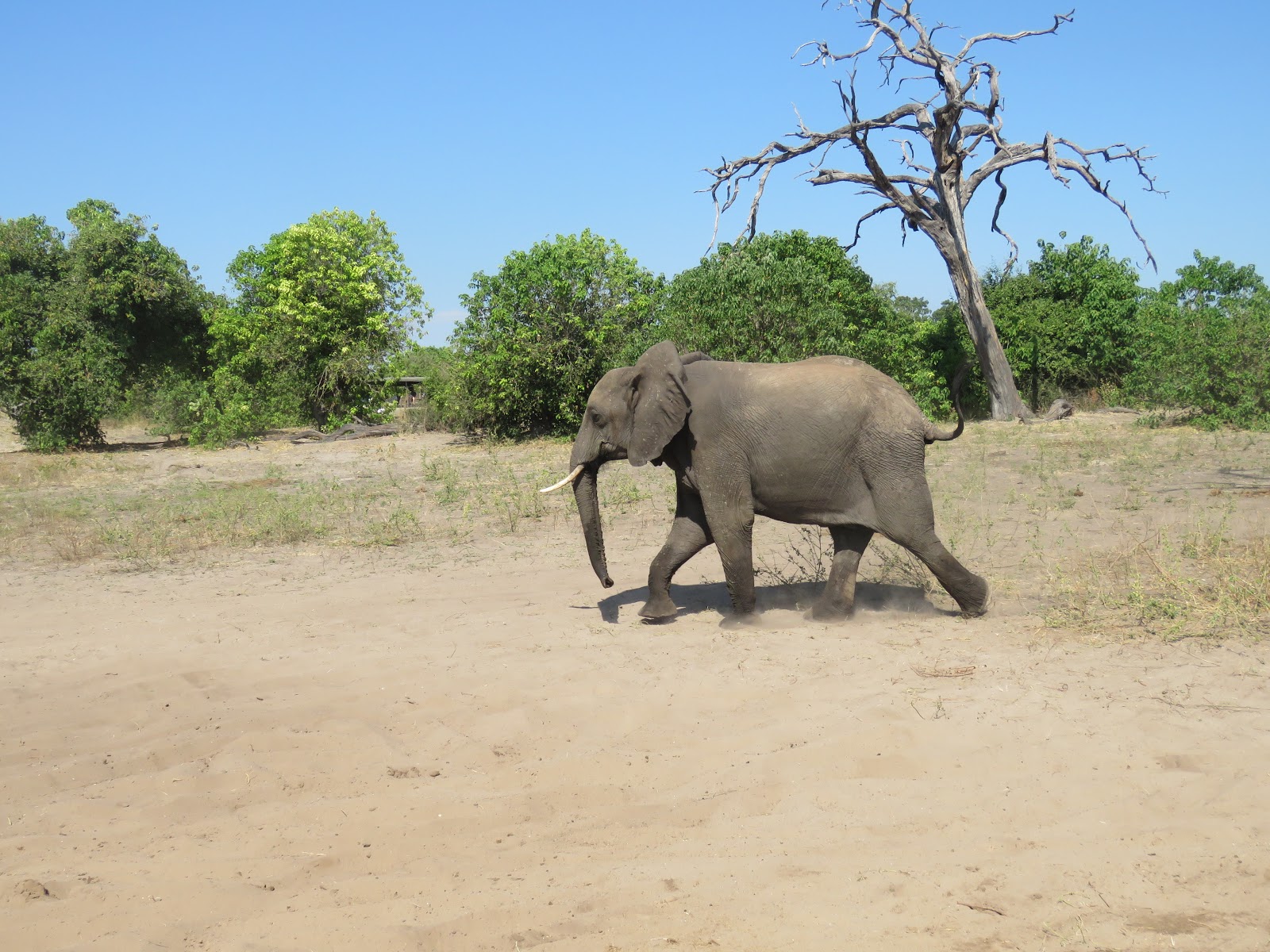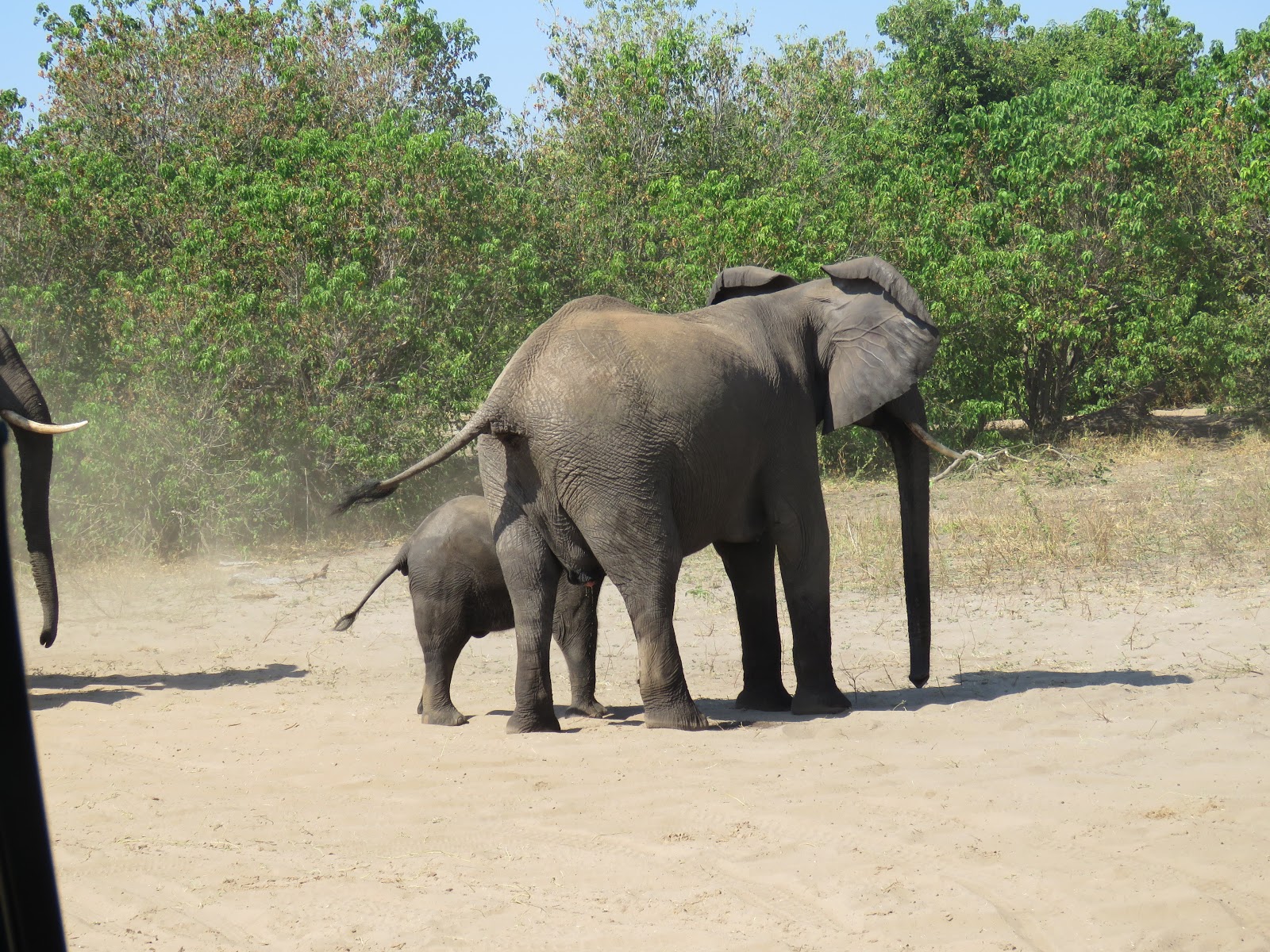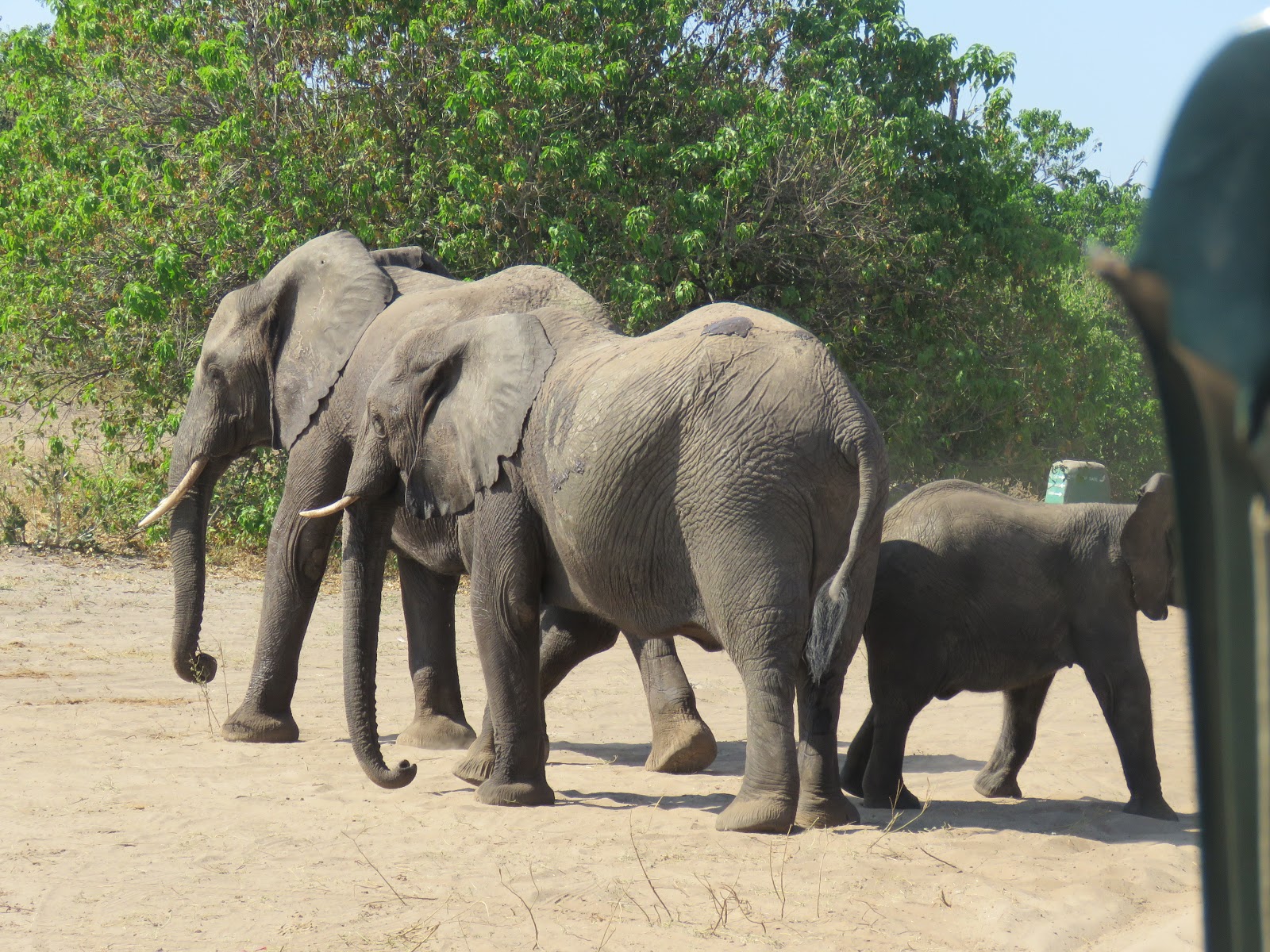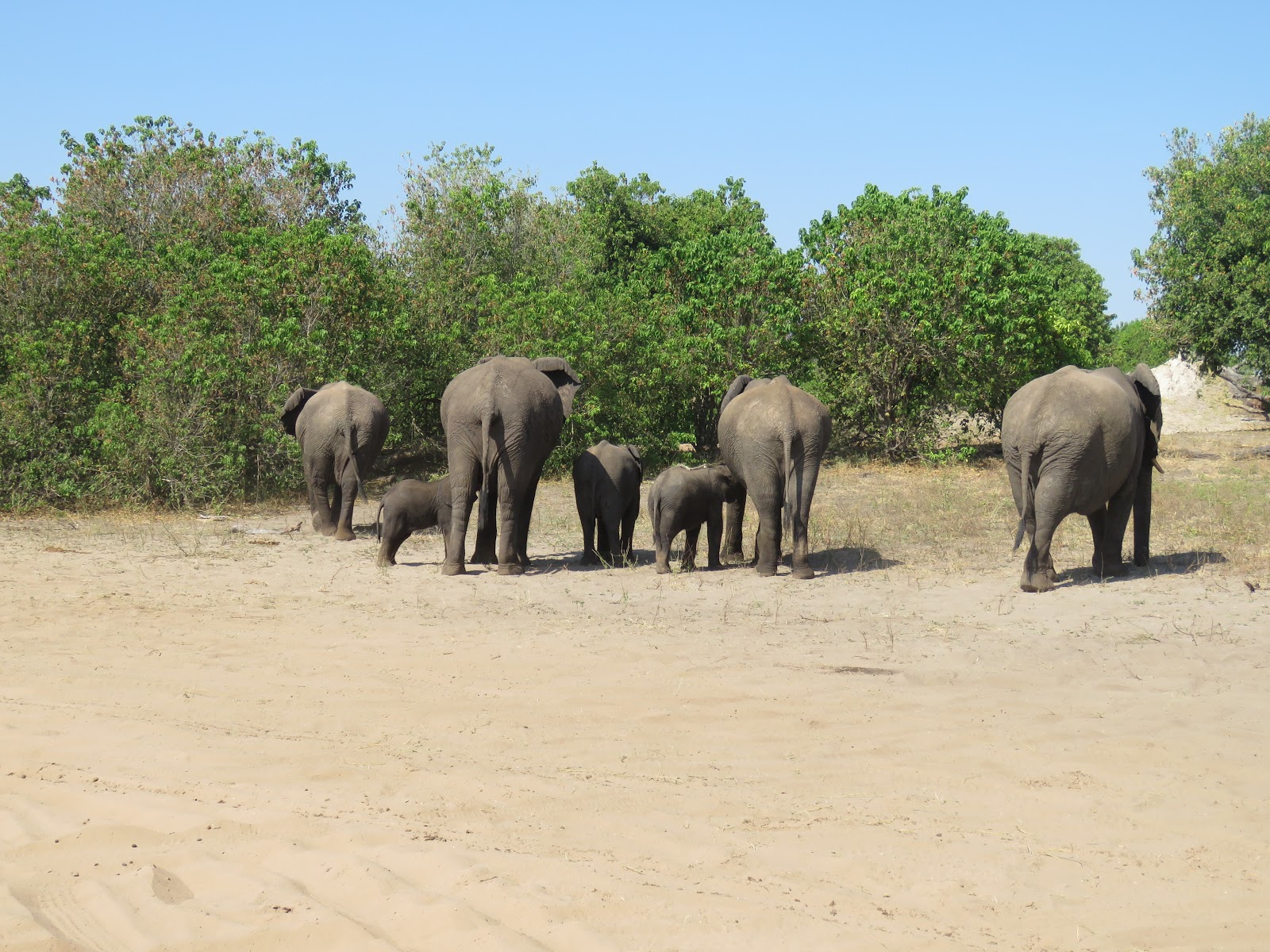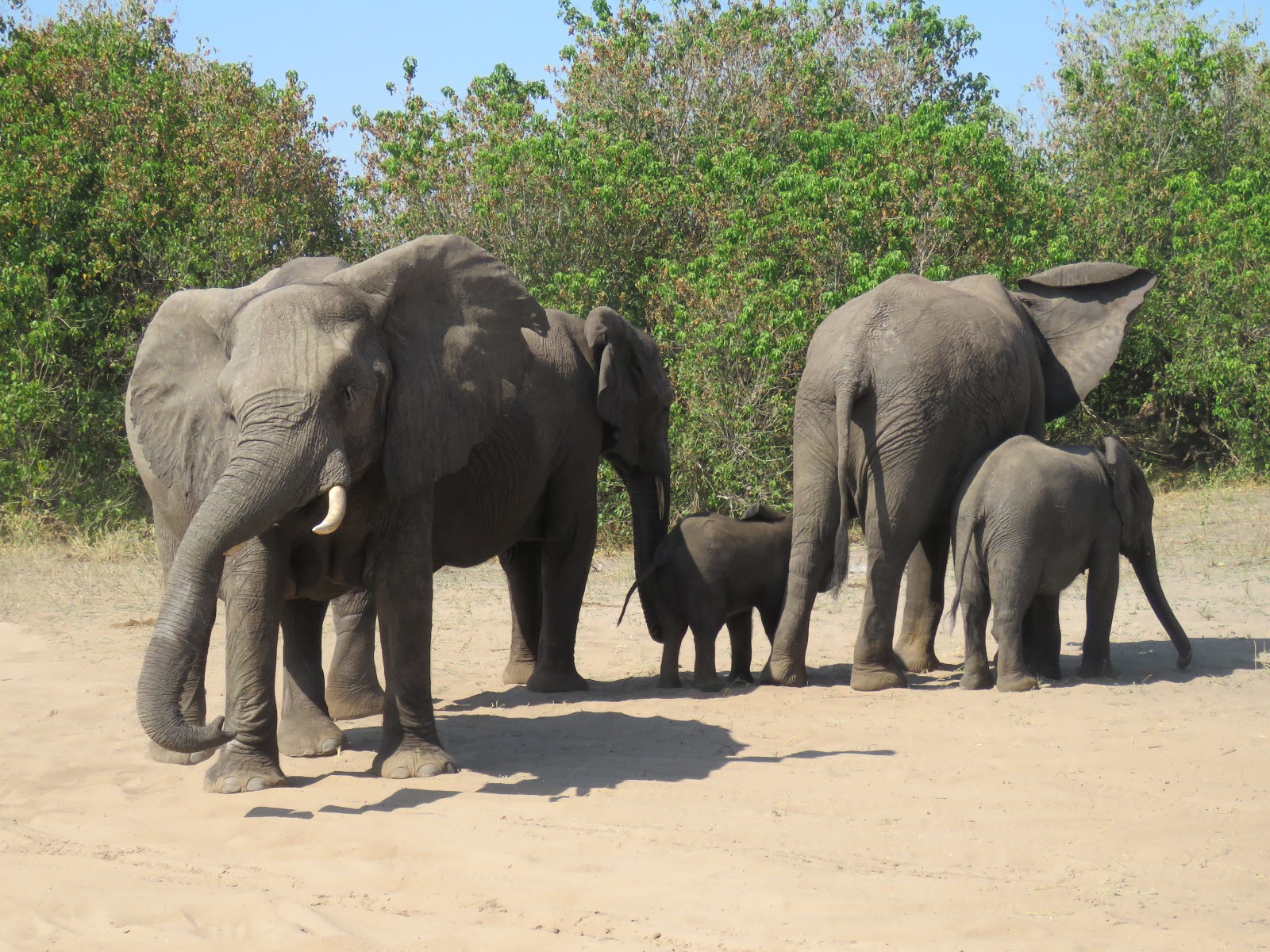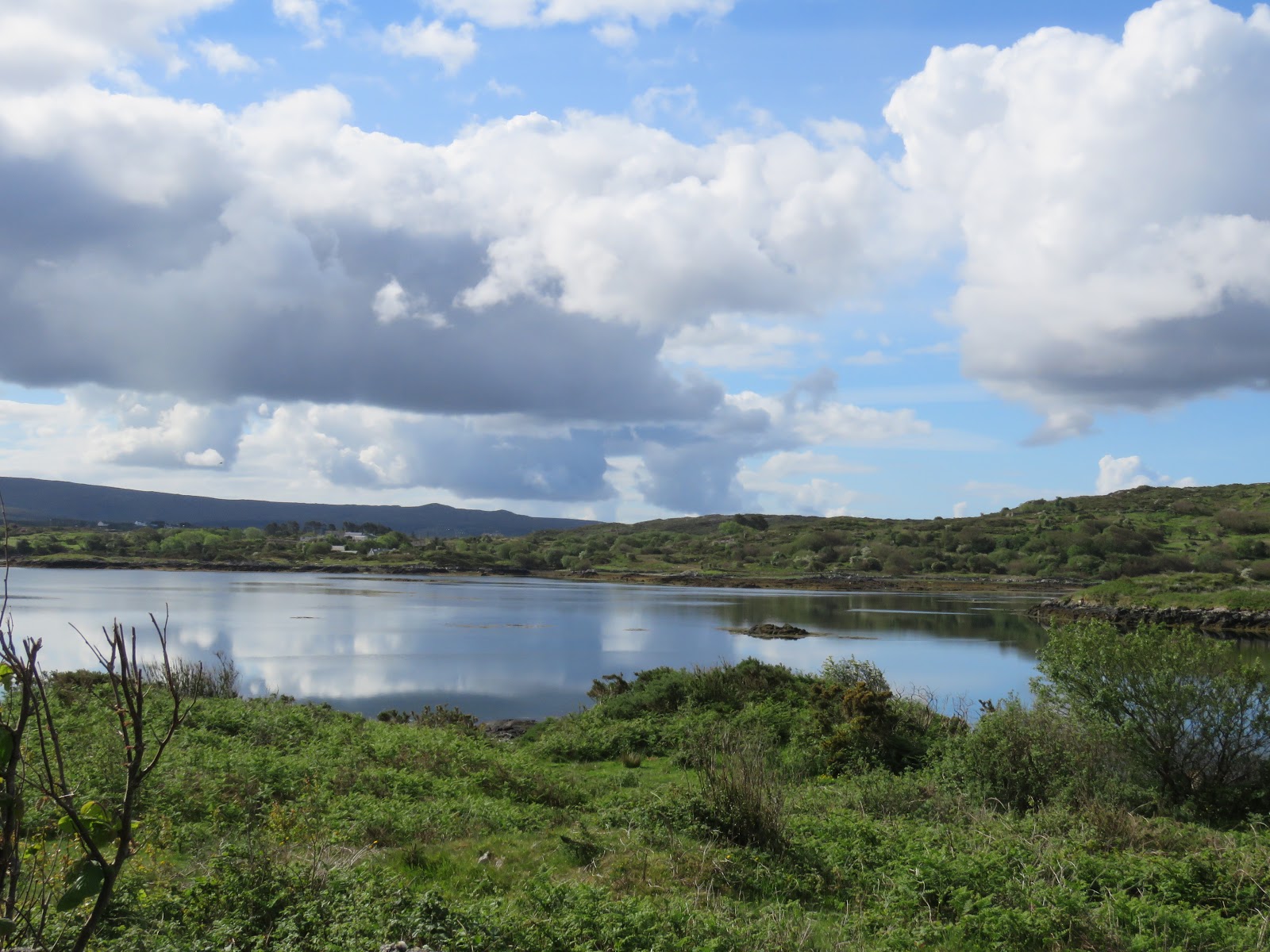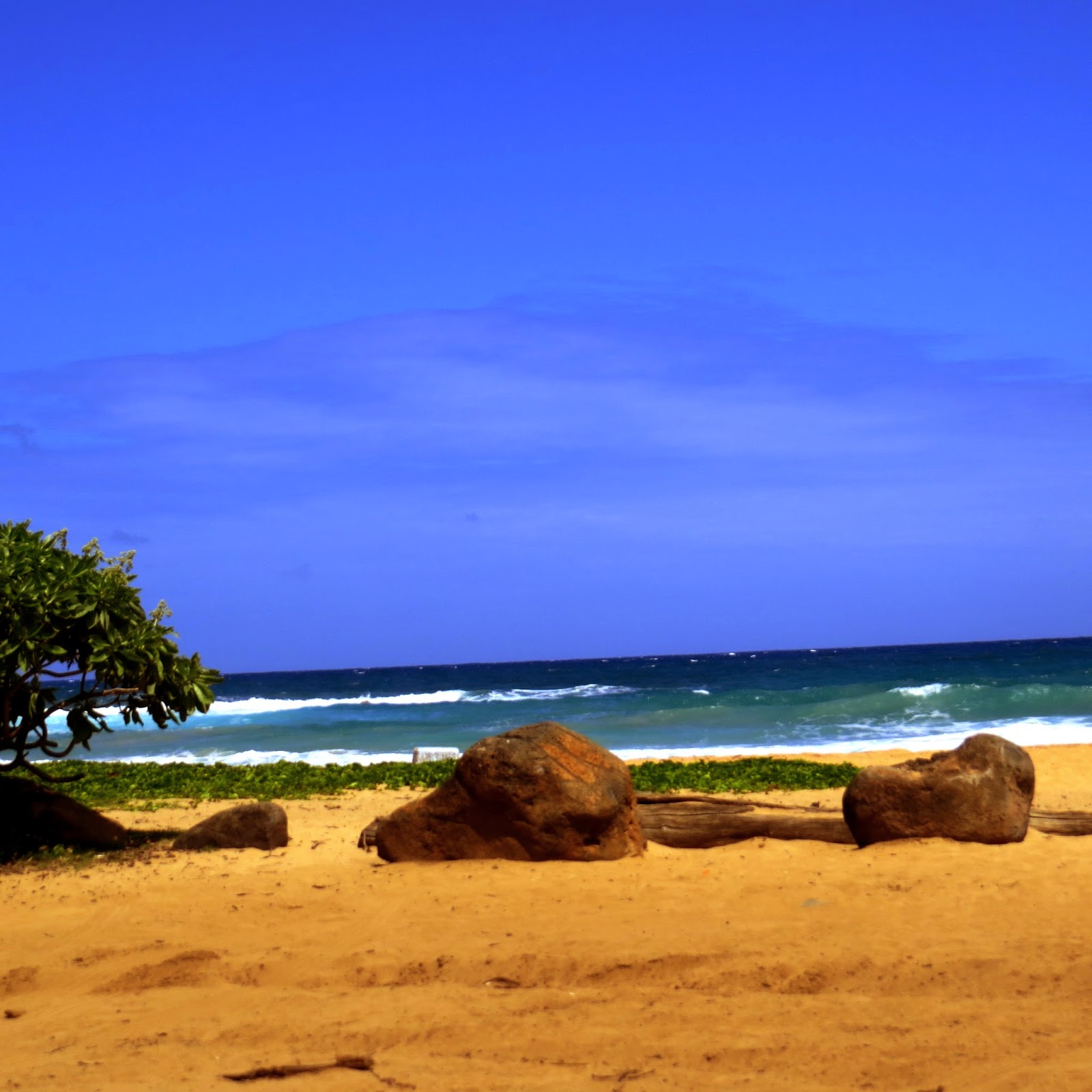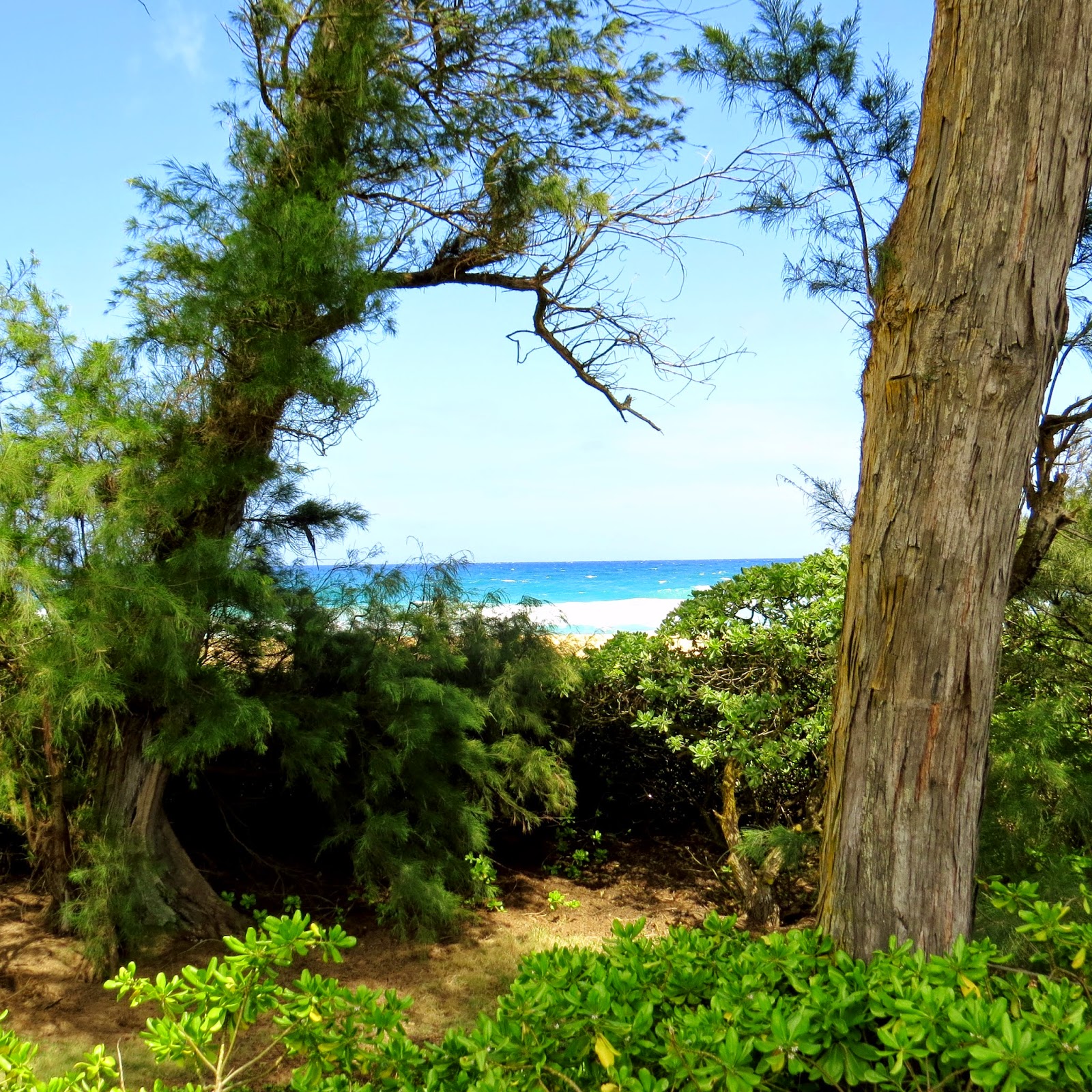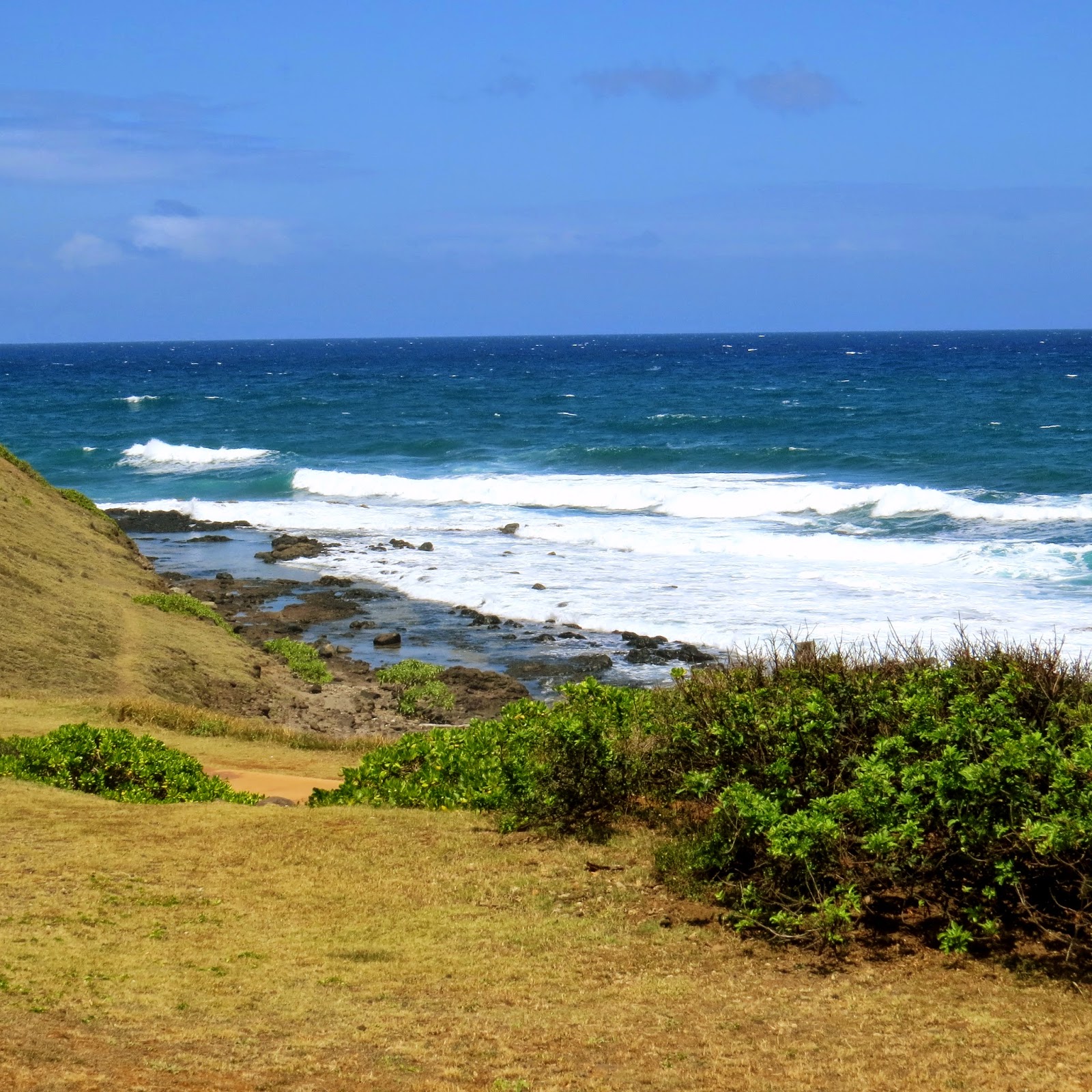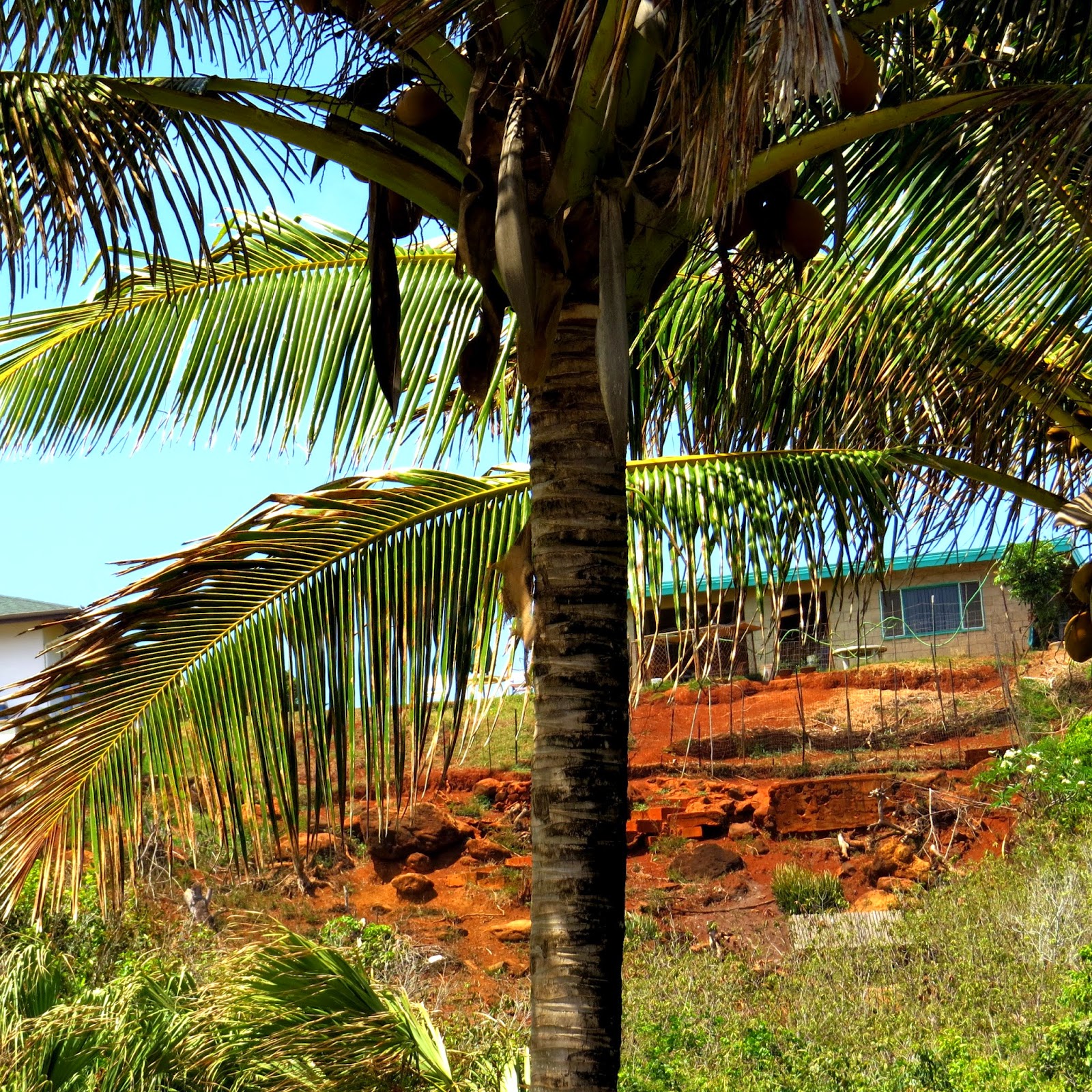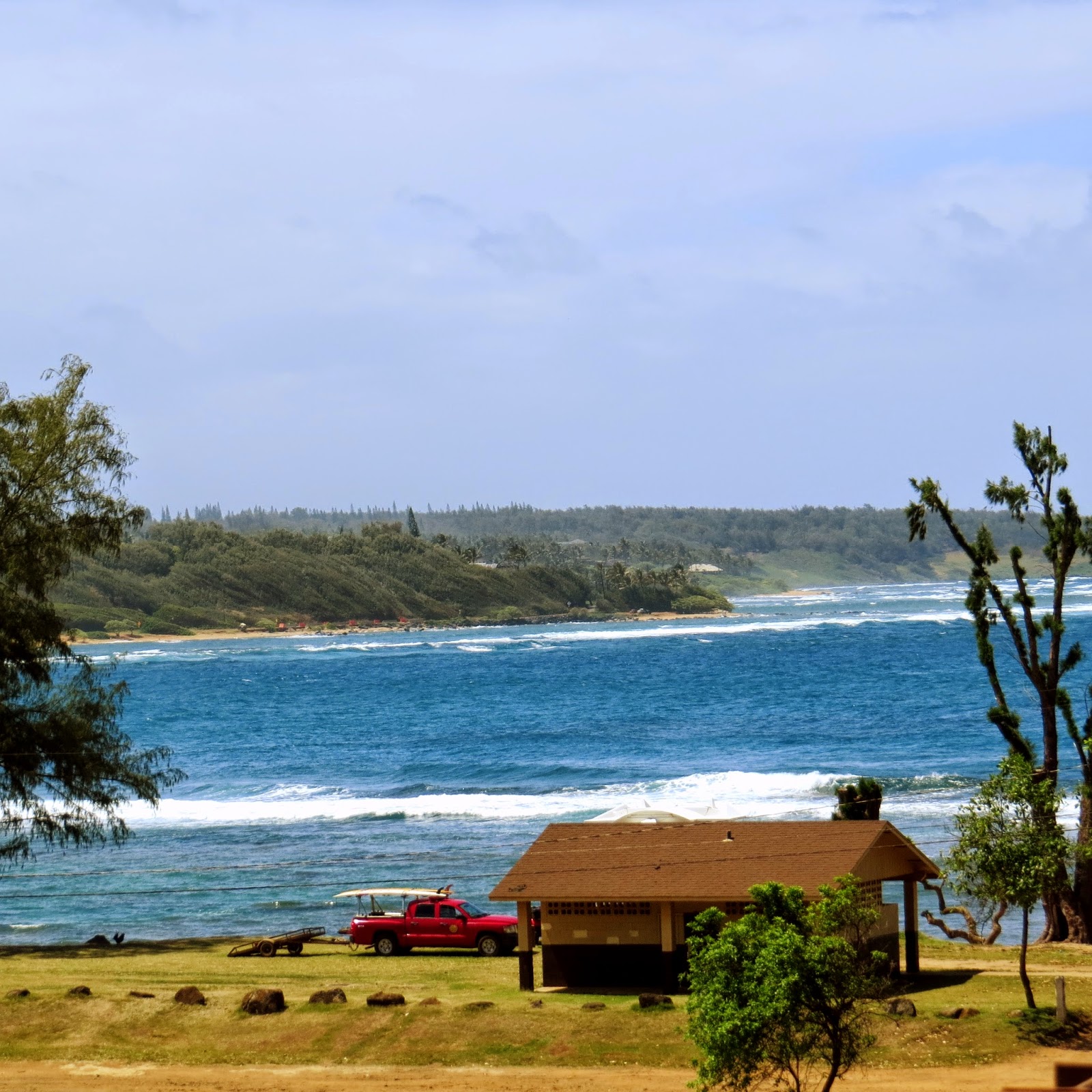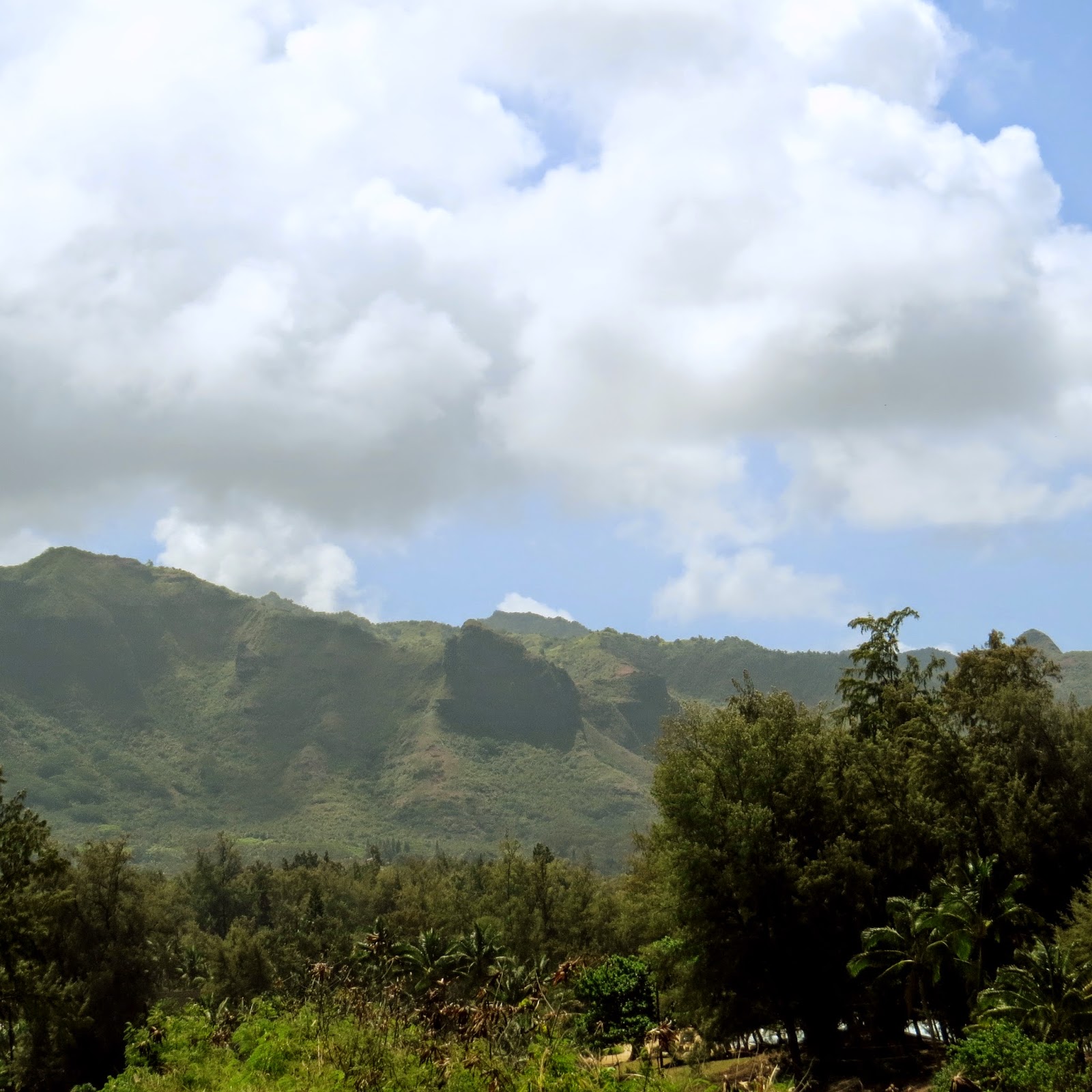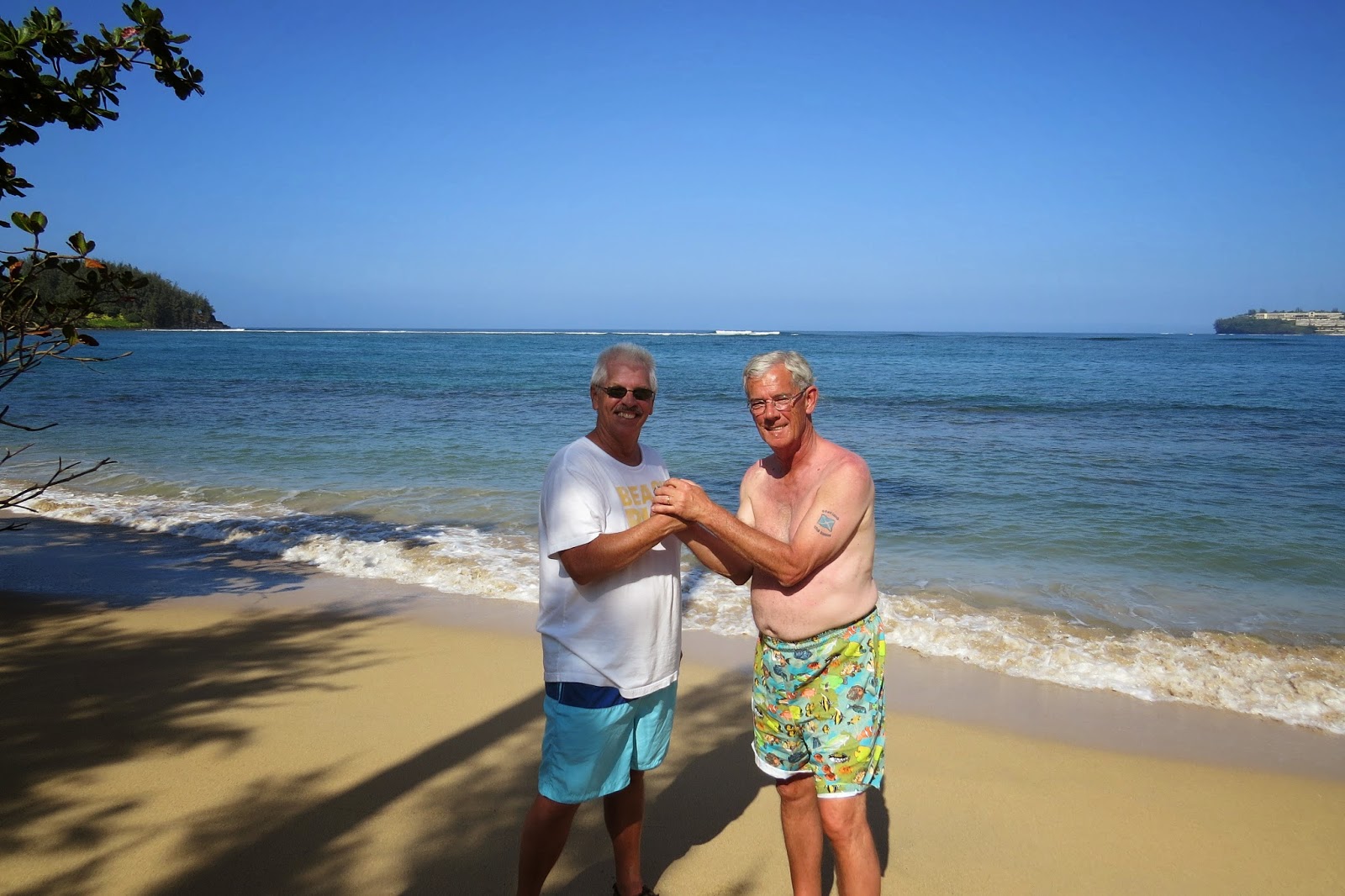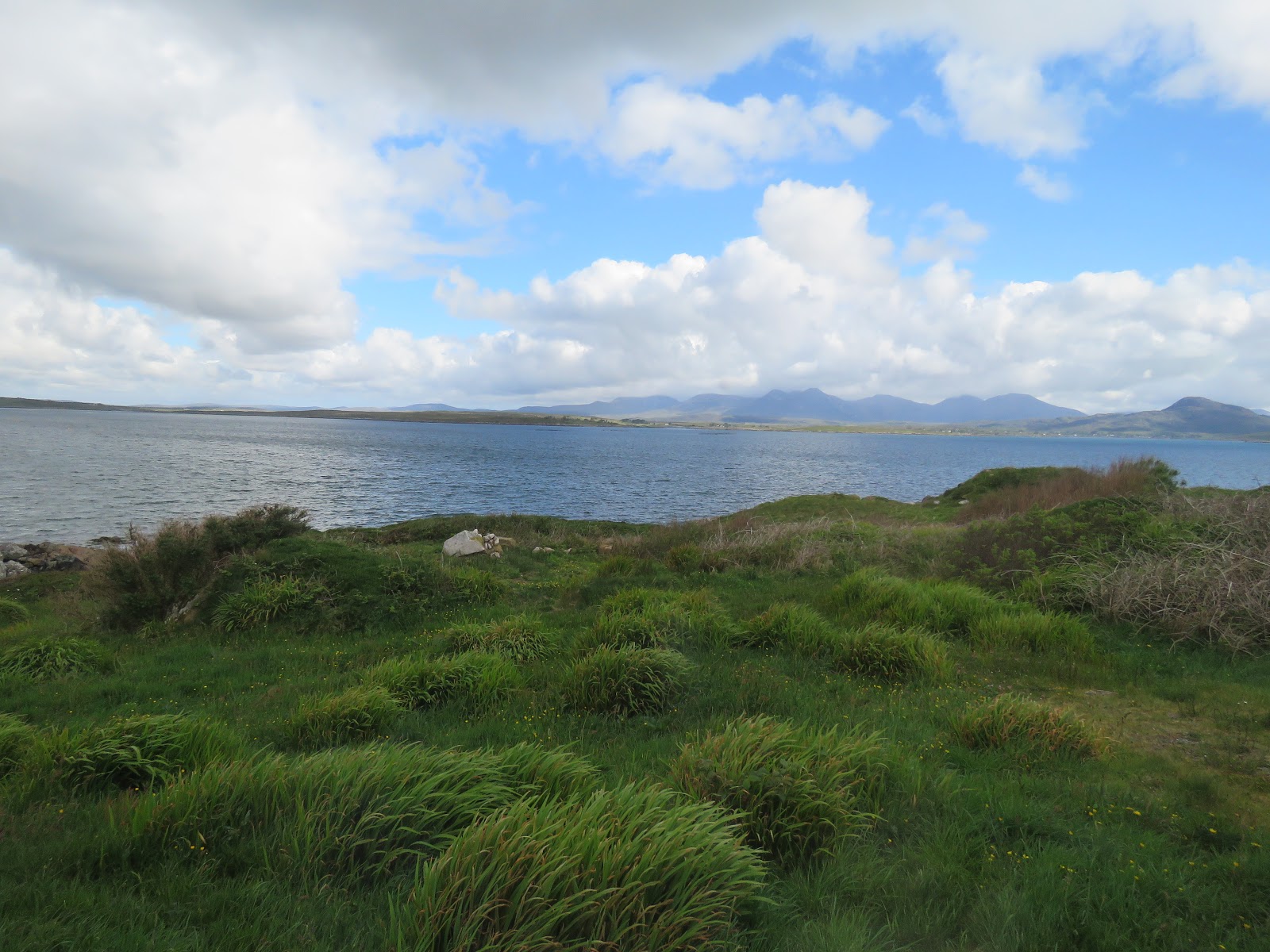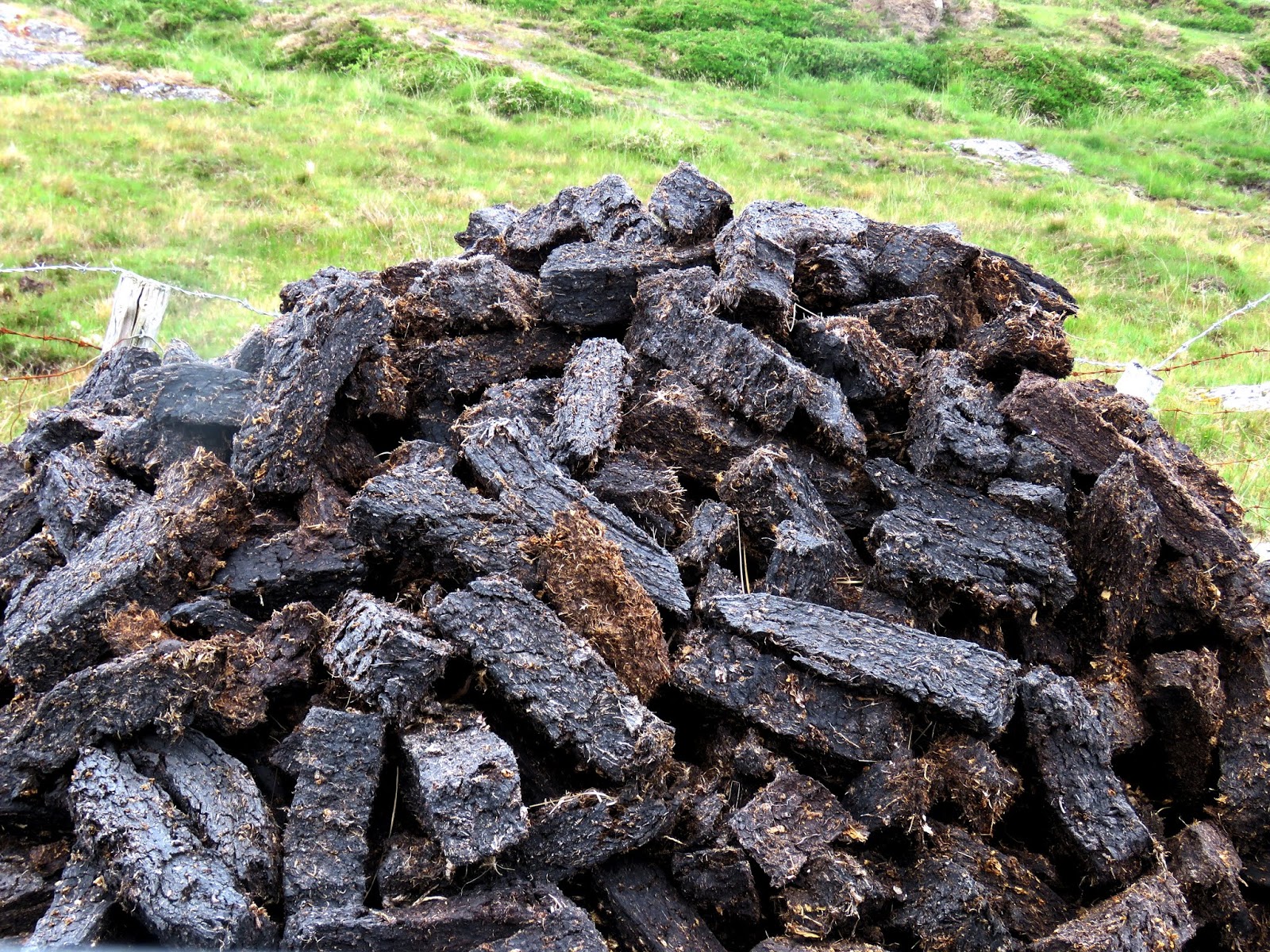Note: To all of our readers visiting our site via a smartphone, please click the “View web version” tab under the word, “Home” at the bottom of the page to access the web version enabling you to access all of our archives on the right side of the page. We’ll be updating our site in a few months, making these extra steps unnecessary. Thank you.
As we all know, sleep can be elusive for many in the best of times. Add the concerns over our own, our country’s and the world’s current situation falling into the mix of worries, and concerns making sleep elusive, short, and disruptive.

It’s no wonder I may feel sleepy during the day today when I awoke so often during the night. I remember the middle of the night awakenings but hadn’t realized how much difficulty I had in falling asleep.
As shown above, the four stages of sleep are “awake, REM, light, and deep.” It’s during the REM sleep that we dream and as indicated above 20% of my night’s sleep included REM during which time we dream. Last night, I dreamed about the lions; a male and a females with cubs that are currently in Marloth Park.
 |
| These two cape buffaloes, close to the dirt road, with their horns stuck together made it easy for us to get these photos. |
During usual, not Covid-19 times, I may have slept a total of 7 hours but awakened very few times. Also, in normal times, I’m often excited to get up and begin to enjoy the day. Here and now, the later I sleep the quicker the day flies by.
 |
| The anguished look on the faces was disheartening. |
As shown in the above chart I managed to go back to sleep after all those middle-of-the-night awakenings. I know it sounds silly, but I do count backward from 100 after ensuring I am in the most possible comfortable position. Then, breathing deeply and steadily, somehow I manage to fall back to sleep.
The trick for me is clearing my mind. Some people listen to music or sleep apps. But, I am trying to avoid using my phone for anything during the night unless I haven’t been able to go back to sleep after being awake for 30 minutes or more.
In that case, I may play a boring game of solitaire but avoid playing scrabble which, in its competitive nature in playing with other players online, can get my brain engaged to a point, I’ll never go back to sleep.
 |
| They tried desperately to become un-entangled to no avail. |
One trick I’ve also found that helps, especially during this lockdown period, is not to “worry” about not sleeping. So what if I only sleep three hours? I can always nap the next day if necessary (which I rarely do). Worrying about it only exacerbates the problem. Worrying about anything exacerbates the problem.
It’s not easy to free our minds during these difficult times. But, restful sleep is as important for one’s health as is exercise, a good diet and a low level of stress.
It has been during this time of Covid-19, locked away in a hotel in Mumbai, India that I have preoccupied myself with my health through healthy, although repetitive diet, losing a few pounds I’d gained from all the heart medications; hourly exercise; good sleep and above all attempting to keep my mind as free as possible from negative thoughts.
 |
| Another buffalo approached wondering what was going on. Check the above video as to what the other buffalo did to help. See the above video to see how the buffalo in the background saved the day. |
It’s a big challenge which essentially has been made easier by our odd circumstances. There’s no access to snacks, alcoholic beverages and the meals served are consistent with the same macro-nutrients each day. Sure at times, I’m hungry and don’t feel like walking but I know all these efforts may serve me well in times to come.
Good sleep falls right in line with these other choices during this potentially stressful and often trying times.
May all of you get plenty of quality rest and maintain good health during this outrageous period in all of our lives.
Photo from one year ago today, May 24, 2019:
 |
| Chaiseal describes a “stone fort” in the Irish language, in Connemara, Ireland. Please click here for details. |









